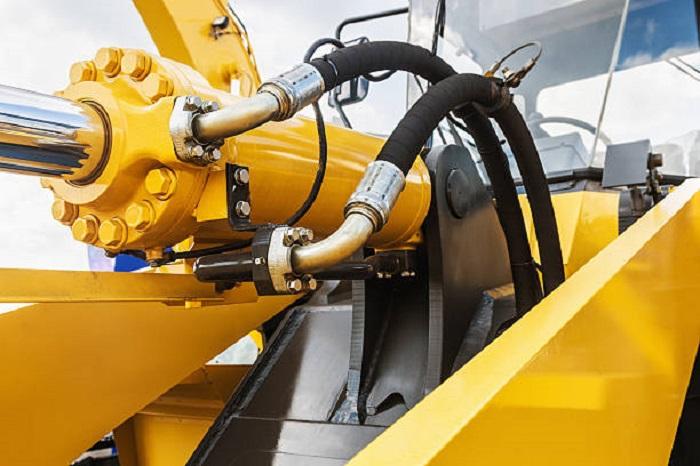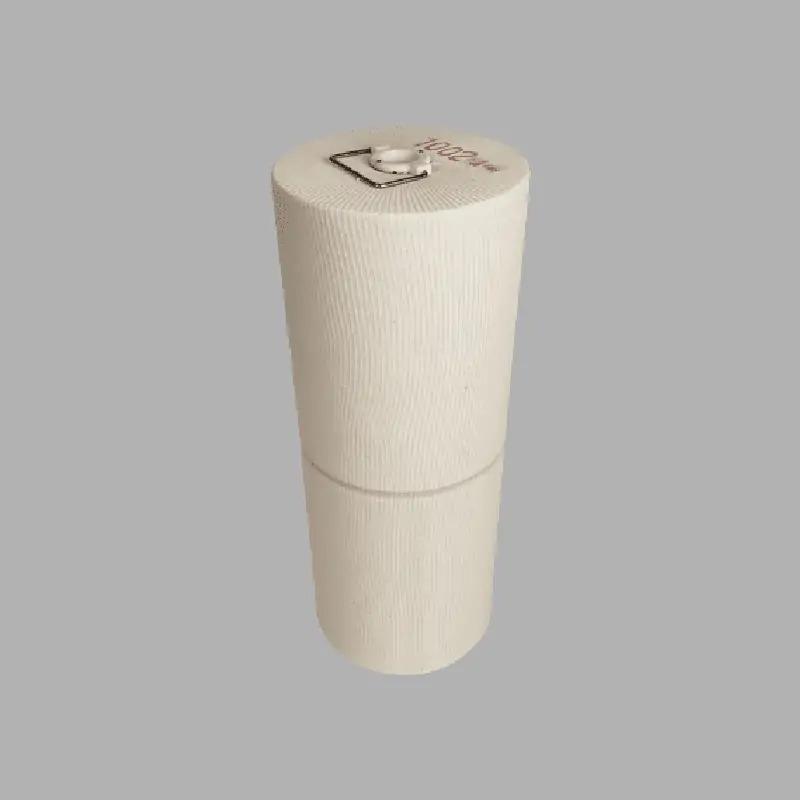Understanding the Different Types of Hydraulic Fluid
Hydraulic fluid is the lifeblood of hydraulic systems, playing a crucial role in power transmission, lubrication, heat dissipation, and contamination control. Choosing the right type of hydraulic fluid is essential for ensuring the efficiency, reliability, and longevity of your hydraulic equipment. In this blog, we will explore the different types of hydraulic fluids, their properties, and their typical applications.
1. Mineral-Based Hydraulic Fluid
Mineral-based hydraulic fluids are derived from refined petroleum. They are the most commonly used type due to their wide availability, cost-effectiveness, and good performance in a variety of applications. These fluids offer excellent lubrication properties and moderate thermal stability.
Applications:
Industrial machinery
Construction equipment
Agricultural machinery
Automotive hydraulic systems
2. Synthetic Hydraulic Fluid
Synthetic hydraulic fluids are engineered from chemical compounds to provide superior performance in extreme temperatures and demanding conditions. These fluids offer excellent oxidation stability, thermal stability, and biodegradability, making them suitable for applications where mineral-based fluids might fall short.
Applications:
Aerospace and aviation systems
High-performance industrial machinery
Extreme temperature environments
Environmentally sensitive applications
3. Water-Based Hydraulic Fluid
Water-based hydraulic fluids are typically used in applications where fire resistance is a priority. There are two main types: water-glycol and water-oil emulsions.
Water-Glycol Fluids: These fluids consist of a mixture of water, glycol, and other additives, providing good fire resistance and lubrication properties. They are commonly used in steel mills, foundries, and other high-temperature environments.
Water-Oil Emulsions: These fluids contain a small percentage of oil dispersed in water, offering moderate fire resistance and lubrication.
Applications:
Steel mills
Foundries
Die-casting machines
Fire-resistant hydraulic systems
4. Biodegradable Hydraulic Fluid
Biodegradable hydraulic fluids are formulated from renewable resources such as vegetable oils. They are designed to minimize environmental impact, making them ideal for applications where fluid leakage could harm ecosystems. These fluids provide good lubrication, oxidation stability, and biodegradability.
Applications:
Forestry equipment
Agricultural machinery
Marine and offshore equipment
Environmentally sensitive areas
5. High-Water Content Fluid (HWCF)
High-water content fluids are used in applications requiring both fire resistance and high lubrication. They contain a high percentage of water, typically over 95%, with additives to enhance lubrication and corrosion protection. HWCFs are suitable for high-pressure systems and environments where fire hazards are present.
Applications:
Underground mining
High-pressure hydraulic systems
Fire-resistant hydraulic applications
Conclusion
Selecting the right type of hydraulic fluid is critical for maintaining the performance and longevity of your hydraulic systems. Mineral-based fluids are versatile and cost-effective, while synthetic fluids offer superior performance in extreme conditions. Water-based fluids provide essential fire resistance, and biodegradable fluids are perfect for environmentally sensitive applications. Understanding the properties and applications of these different types of hydraulic fluids will help you make informed decisions and ensure the efficient operation of your hydraulic equipment. Whether in industrial machinery, construction, agriculture, or environmentally sensitive areas, choosing the appropriate hydraulic fluid is key to optimizing your hydraulic systems.









Comments